




In November 2016, Mauritania’s Ministry of Environment and Sustainable Development launched the Minamata Initial Assessment (MIA) project, building capacities to develop the national mercury inventory, with the assistance of UNITAR’s Chemicals and Waste Management Programme (CWM). The project is funded by the Global Environmental Facility (GEF) and implemented by the United Nations Development Programme (UNDP). By undertaking the project, Mauritania has committed to reduce its populations’ exposure to mercury, a global threat to human health and the environment.
The Minamata Convention on Mercury was adopted on 10 October 2013 at a Diplomatic Conference held in Kumamoto, Japan, as a global treaty to protect human health and the environment from anthropogenic emissions and releases of mercury and mercury compounds, with Mauritania ratifying it on 18 August 2015. The overall objective of the Initial Assessment approach is to assist developing countries by informing policy and strategic decision-making about priority areas for future intervention, which will enable them to implement the Minamata Convention.
The MIA project was launched with a one-day inception workshop, complemented by a comprehensive three-day inventory training workshop, making use of the presence of stakeholders and the momentum that had been generated. The inception workshop, held on 17 November 2016, included representatives from key ministries, civil society, academia, and the private sector. In this workshop, the participants established a national coordination mechanism responsible for decision-making, as well as working groups in charge of technical support for the various activities. The mercury inventory training took place on 15, 16 and 18 November. During this workshop, nine participants from the Ministry of Environment and Sustainable Development were provided training by UNITAR in developing the inventory in line with the methodology and principles of UN Environment’s (UNEP) “Toolkit for identification and quantification of mercury releases”. This will support Mauritania in developing an estimate of mercury releases at the national level. Participants learned among other things about: 1) various source categories of mercury emissions and releases; 2) how to interpret and where to find data for each sector; and 3) how to use the excel template. Moreover, the training yielded data provided by the participants, which was used to populate the first sections of the Excel spreadsheet of the Toolkit, indicating source categories of mercury emissions according to Mauritania’s characteristics.
With the launch of the MIA project and the execution of the technical training, Mauritania and UNITAR have made an effective start in managing and mitigating the harmful effects of mercury. The next steps for Mauritania are to analyze the adequacy of the domestic legal and institutional frameworks in order to identify possible reforms required for the implementation of the Minamata Convention, and to develop the National Mercury Profile. This Profile, which includes the mercury inventory, goes further and considers key sectors where the use and release of mercury impacts the health of citizens and the environment.